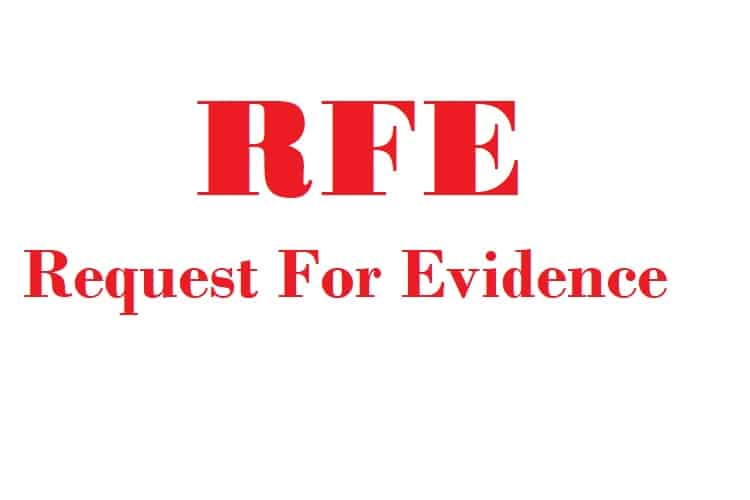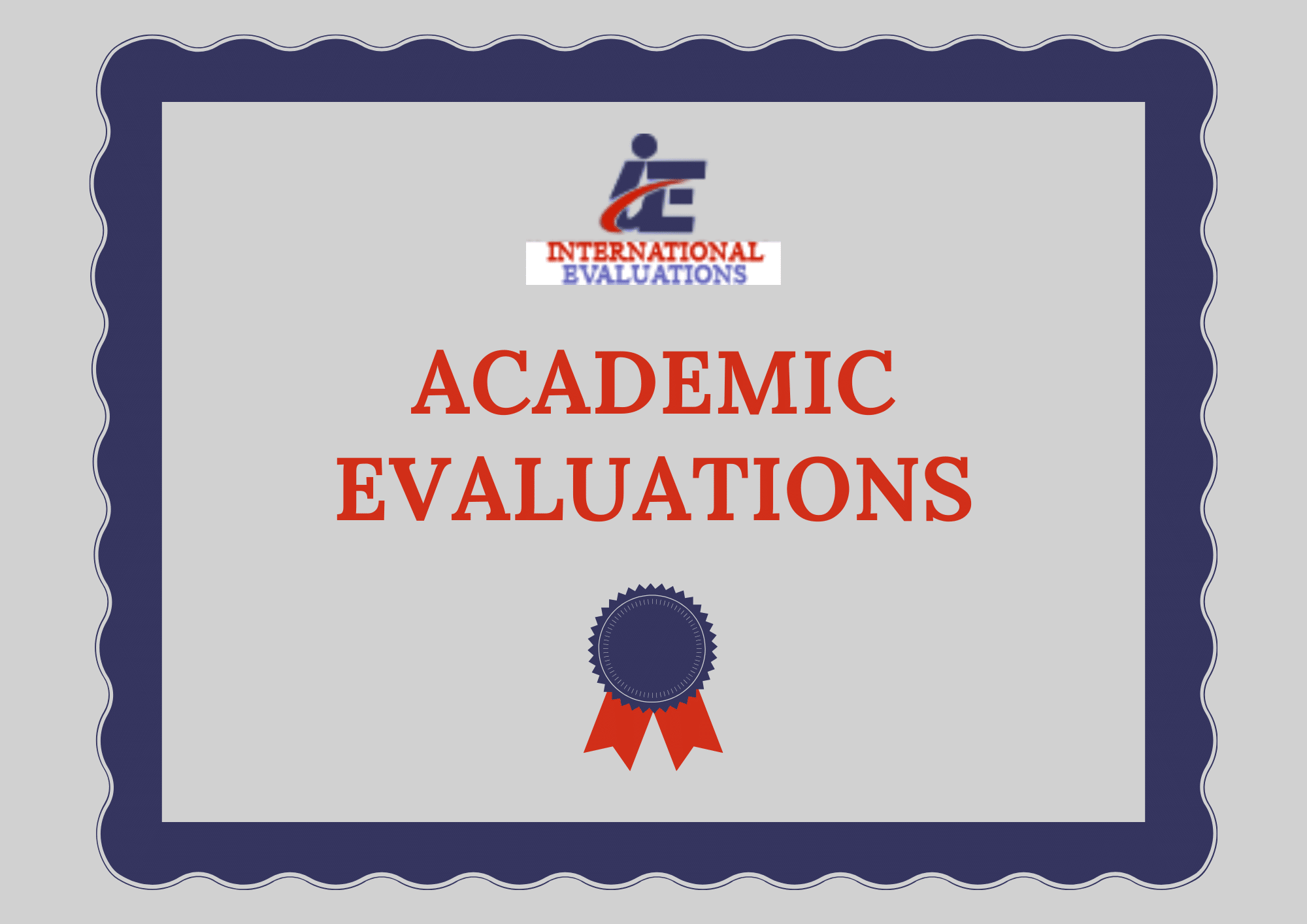Introduction
In an increasingly competitive task market, the lines in between education and practical work experience are ending up being more blurred. Experts look for ways to enhance their credentials without returning to school full-time. This is where the principle of transforming work experience into academic credit comes into play. By leveraging evaluation procedures, people can turn their real-world skills and experiences into recognized academic qualifications. This article will look into how academic credential evaluation, global credential evaluation services, course-by-course credential examination, and other types of evaluation can help bridge this gap.
Transforming Work Experience into Academic Credit: The Power of Evaluation
The idea that work experience can be equated into academic credit is not just an unique concept; it's a requirement in today's hectic world. https://elliottxrbt389.iamarrows.com/from-classroom-to-career-examining-work-experience-for-education-credit Many specialists possess understanding and skills gotten through years of hands-on experience that standard instructional systems may ignore. The process begins with comprehending how various kinds of evaluation can validate this experience and offer meaningful scholastic credit.
Understanding Academic Credential Evaluation
What is Academic Credential Evaluation?
Academic credential assessment refers to the procedure of examining an individual's academic certifications from one institution against the requirements set by another organization or nation. This procedure is essential for individuals seeking to advance their education or protected work in different geographical regions.

Why is Academic Credential Evaluation Important?
Global Recognition: With more people migrating for work, having a worldwide recognized certification ends up being crucial. Job Opportunities: Employers are more likely to work with prospects whose credentials have actually been validated. Further Education: Organizations often require an assessment before admitting trainees from different academic backgrounds.Types of Credential Evaluations
International Credential Examination Services
These services specialize in evaluating foreign instructional files and translating them according to regional standards. They help make sure that prospects satisfy the necessary criteria for expert licenses, university admissions, or task placements.
Course-by-Course Credential Evaluation
This approach breaks down each course taken during one's studies, providing in-depth insights into grades made and content covered. It's especially beneficial for those who want to declare particular credits based upon private course equivalencies.
Work Experience Examination: What Does it Entail?
Work experience assessment evaluates a candidate's professional background and skills gotten through work rather than conventional classroom learning.
How is Work Experience Evaluated?
Skill Assessment: Determining appropriate abilities that refer scholastic programs. Documentation Review: Examining resumes, task descriptions, efficiency reviews, and certifications. Expert Viewpoint Letters: These letters from previous companies or market professionals can corroborate claims about one's skills.The Role of Professional Viewpoint Letters in Examining Work Experience
A specialist viewpoint letter serves as an official recognition of a prospect's work history and competencies from somebody recognized in the field.
Why are Specialist Viewpoint Letters Valuable?
- They supply reliable third-party verification. They deal insight into how particular work experiences line up with academic standards. They reinforce applications for educational programs or expert licenses.
Integrating Work Experience with Academic Programs
How Can One Transform Work Experience into Academic Credit?
Turning practical experience into academic credit involves a number of actions:
Identify Appropriate Experiences: Pinpoint particular tasks or roles that relate directly to the courses you want to get credit for. Gather Documentation: Collect all required documents-- resumes, task descriptions, efficiency evaluations-- all supporting your claims. Submit for Evaluation: Engage with credential evaluators who can examine your experiences against program criteria.Benefits of Integrating Work Experience with Academics
- Enhances credibility when requesting jobs or further education Saves time and resources by not requiring redundant coursework Fosters personal development by acknowledging previous achievements
Business Strategy Assessment: A Special Viewpoint on Credentials
Another type of examination getting traction is service plan evaluation, especially amongst business owners looking for formal acknowledgment for their ventures.
What is Organization Strategy Evaluation?
Business strategy evaluation includes assessing the viability and possible success of a company principle through structured analysis.
How Does it Relate to Academic Credit?
Entrepreneurs might discover that providing their business plans as part of their work experience leads to chances for acquiring academic credit in related fields such as company management or entrepreneurship studies.
Real-Life Examples of Successful Transformations
1. Case Study: From Construction Supervisor to Civil Engineer
John invested over ten years handling construction tasks without formal engineering credentials however had substantial industry understanding. He sought an engineering degree however didn't wish to retake foundational courses he had already mastered through experience. Through course-by-course credential evaluation and professional viewpoint letters from previous employers validating his competence in project management, he was granted significant credits towards his degree program.


2. Case Research Study: A Chef's Journey
Maria had worked as a chef for over fifteen years however lacked formal culinary training certification. She approached a worldwide credential evaluation service to examine her comprehensive cooking background versus formal education standards at culinary institutes-- changing her experiential learning into acknowledged academic credits toward a diploma in Culinary Arts.
Frequently Asked Concerns (FAQs)
1. What kinds of work experiences can be assessed for academic credit?
Work experiences relevant to your preferred field-- such as internships, volunteer roles, or full-time tasks-- can usually be examined based upon their alignment with curriculum requirements.
2. The length of time does the credential examination procedure take?
The timeframe varies depending on the provider however generally ranges from 2 weeks to several months based on intricacy and documents needs.
3. Exists any expense connected with credential evaluations?
Yes, many worldwide credential examination service fee fees which vary based upon the type of examination required (course-by-course vs basic).
4. Can I appeal an undesirable evaluation?
Yes! Lots of companies have appeals procedures if you think your qualifications were not properly assessed or valued appropriately.
5. Are skilled viewpoint letters constantly required?
Not always; however, they strengthen your application significantly by providing additional recognition regarding your experiential learning claims.
6. Can my organization strategy contribute towards my degree?
Absolutely! If you show substantial entrepreneurial activities aligned with company coursework objectives, you might get credits based on an extensive service plan examination process.
Conclusion
The change of work experience into scholastic credit through various kinds of examinations represents an ingenious approach within instructional paradigms today-- a blend that adds worth both academically and professionally while acknowledging non-traditional paths students take in obtaining understanding and skills throughout their careers.
By understanding how processes like scholastic credential assessment function together with course-by-course examinations and leveraging tools such as skilled viewpoint letters successfully-- people can harness their real-life experiences towards achieving meaningful scholastic goals that reflect their real capabilities without duplicating unnecessary coursework!
As our task market continues developing quickly toward skill-based evaluations instead of solely counting on degrees gotten through standard ways-- it's essential we recognize these alternative pathways offered today! The power lies within assessments; let them guide you toward attaining your aspirations!
This short article serves as both a useful guide for people looking for clarity around transforming their professional lives while also highlighting how vital assessments are within this landscape filled with ever-changing possibilities!